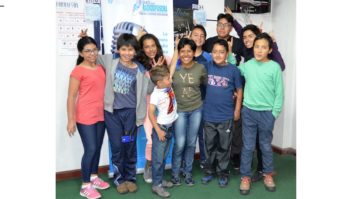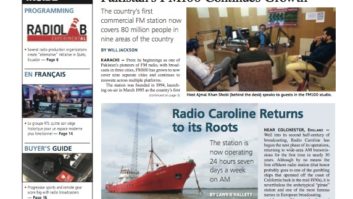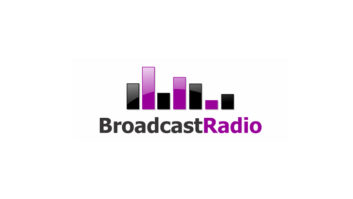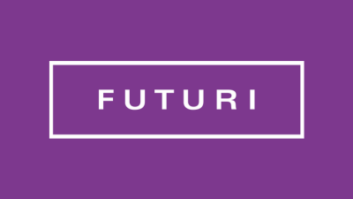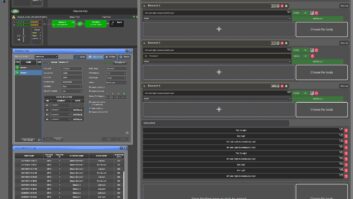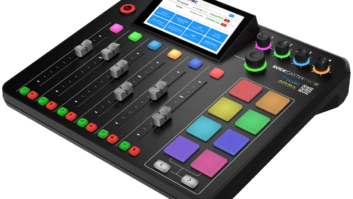QUITO, Ecuador — In an effort to encourage creativity in radio program production, six nonprofit radio content production organizations throughout Latin America launched RadioLAB in Quito, last September.
The group’s first meeting was hosted by the local Radialistas Apasionadas y Apasionados in Quito and was attended by members of the Centro de Producciones Radiofónicas and América Profunda (Argentina), Infante (Bolivia), Radios Comunitarias para la Paz y la Convivencia (Colombia) and Ojo de Agua Comunicación (Mexico).

“We don’t want to be just a ‘typical’ organization or network, but we strive to provide an open space that promotes radio experimentation,” said Santiago García Gago, Radialistas’ technician responsible and coordinator of RadioLAB. “We now have with six institutions as part of RadioLAB, and our goal is to increase that number, with additional broadcasters or content producers who interested in contributing to this idea joining us.”
According to García, after several years of producing radio content, such as dramas, documentaries and training information, the founding members wanted to explore new ways of producing innovative material.
“The idea is that RadioLAB offers total freedom to experiment together when producing content, where everything works and nothing is right or wrong, and where we must let the imagination fly without limitations,” he said.
The RadioLAB’s first initiative took place on Nov. 25, with “Radiotazos” (“Twitter-like”) at specific times during the day, when all affiliated stations aired short audio bytes offering information around the subject of abuse against women. Many community stations took part, producing their own “radio tweets.”
“This won’t be our exclusive way of experimenting, but it will hopefully encourage other stations to think up new ways of doing things and send their proposals, to share with all of us,” said García.
Initially, RadioLAB is launching — through its members, to their partner organizations and broadcasters — new proposals about different radio topics every two months. For example, in Jan the organization presented “Emotifones,” short sound pieces to express various emotions during interviews and other radio programs.
During the project’s first stage, members use the founders’ websites and social networks as communications platforms to disseminate ideas.
“We need to adapt content to each station’s local context and reality so it’s good to be able to work with international colleagues who are able to provide global a perspective and reach out to their citizens,” García added.





